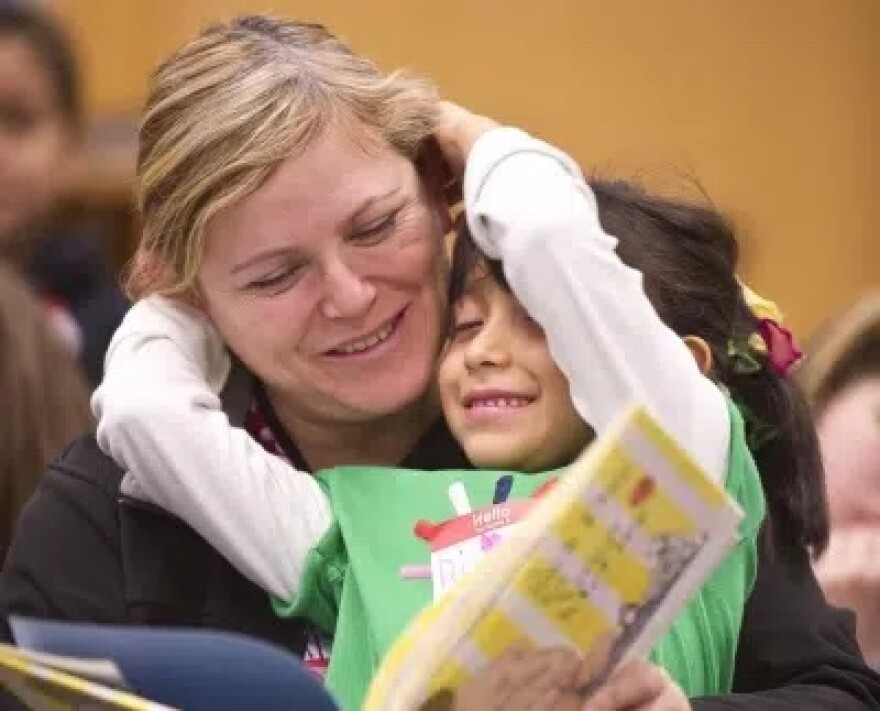One more sector of society will soon feel the effects of the federal budget ax. The non-profit Humanities Washington, led by Julie Ziegler, learned recently that the National Endowment for the Humanities is pulling funding for three of the agency’s outreach programs, about $6 million.

"One of our most active programs in the Spokane area is our primetime family reading program. We do this in partnership with Spokane Public Library and Spokane County Library District, where we bring families and children to the library weekly for six weeks. These are kids that have been identified by their reading specialists at school, their teachers, their principals, as really struggling with reading. So they come to the library with their folks and, over the course of six weeks, engage in this program. It's really designed to be an intervention that's different than what they receive at school and it really has been shown to have some great results because trying something a little different seems to unstick a lot of these kids."
Ziegler says Humanities Washington also lost funding for its speakers' bureau.
"We make a roster of speakers on humanities topics available to nonprofits at no fee. We vet the speakers, we pay the honoraria, we pay travel expenses. Little organizations like the Spokane Valley Heritage Museum can bring in these speakers at no cost and really provide more robust services to their communities."
Ziegler says the third program affected by the interruption of federal funding is the organization's Heritage Arts Apprenticeships Program "where we support master and apprentice artists. Fifteen pairs over the course of about a year as the master teaches the apprentice a craft or a tradition that's significant to their culture. This could be something like blacksmithing, it could be dance, it could be playing a particular musical instrument. In some areas it has to do with logging traditions."
Andrew Chanse, the executive director of Spokane Public Libraries and a member of the Humanities Washington Board of Directors, says the loss of funding takes away important programming options for community groups.
"It's a really rich offering that they provide anywhere from, you know, different storytelling through classical dance. I know that there's one that's on Woody Guthrie in the Pacific Northwest that looks really great. You know, even things like, you know, things found in Washington State's museums.
"I mean, the exposure that these programs provide to the community is really priceless. You know, they do have a bunch of programs that focus on art from other cultures, and these cultures, they live in the state. These are people that live in the state sharing their culture with, you know, other people that live in the state. And it's just, you know, they are so well organized and thoughtful in the types of programs that they offer. They really try to offer something for everyone in the state."
"The rural and small communities absolutely will be hit the hardest by this. And I think too, sometimes people think that they don't necessarily know what the humanities are or know that they really benefit from them," Ziegler said.
"But what I would say is that, if you have read a book to a child, if you have attended a community festival and heard music, if you have watched the play, the musical Hamilton, if you've gone to a history museum, you have experienced the humanities. And those are the things, our collective memory, our collective community spirit. That's really what's at risk here."
Humanities Washington's peer organization in Idaho, the Idaho Humanities Council, received similar news. A message on its website reads:
"On April 2, IHC was notified, along with all other state humanities councils, that our funding from the National Endowment for the Humanities was canceled in its entirety effective immediately. As a result, all IHC programs and grants are paused until further notice."


